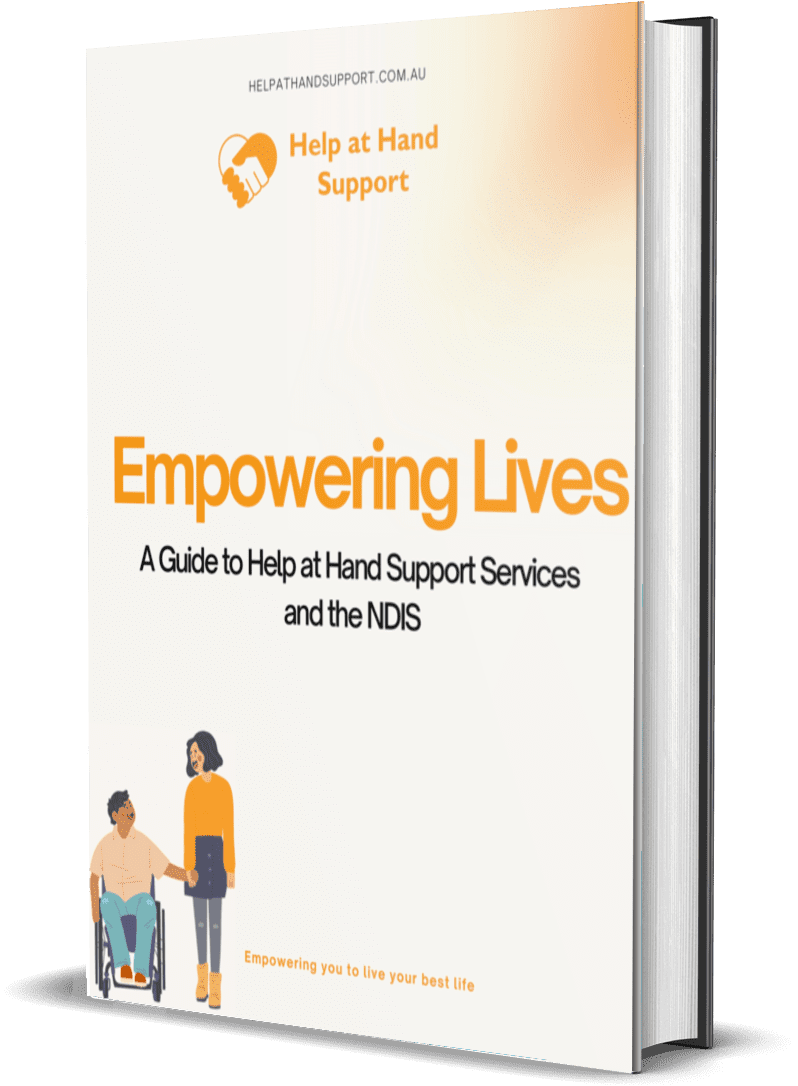Don’t Go It Alone: Complex Care and High Intensity Support Explained
At Help at Hand Support, we’re committed to providing exceptional care and support to NDIS participants across Australia. Today, we want to delve into the world of Complex Care and High Intensity Support.
What is Complex Care?
Complex care refers to situations where participants require ongoing and specialist support due to a combination of significant physical, intellectual, medical or sensory disabilities. These needs are often intertwined and demand a holistic approach to ensure a participant’s well-being.
The NDIS estimates that 10 to 15 per cent of NDIS participants may require complex support.
Examples of Complex Care Needs:
- Multiple disabilities: A participant may have a combination of physical and intellectual disabilities, requiring support with mobility, communication, and daily living tasks.
- High care needs: A participant may require assistance with complex medical procedures, ventilator support, or tracheostomy care.
- Behavioral support needs: A participant may experience challenging behaviors that require specialised support strategies and positive behavior interventions.
High Intensity Support: What it Means
The NDIS recognises that complex care situations necessitate high intensity support. These supports involve highly skilled and experienced workers who can deliver specialised care tailored to a participant’s unique needs.
Here are some examples of high intensity support:
- Complex bowel care: Assistance with managing bowel programs, including specialised equipment and techniques.
- Enteral feeding: Providing nutritional support through a feeding tube.
- Dysphagia support: Supporting participants with swallowing difficulties to ensure safe and enjoyable mealtimes.
- Ventilator support: Assisting participants who rely on ventilators to breathe.
- Tracheostomy care: Providing care for participants with a tracheostomy, a surgical opening in the windpipe
- Hoist Transfers: Providing support with showering, toileting and moving from bed to wheelchair.
- Urinary catheter care: Support with removing and inserting catheters and replacing collection bags.
- Pressure care and wound management: Providing help with regular moving to avoid developing pressure sores and help with cleaning and dressing wounds.
What to look for in a complex care provider
- Skilled and experienced staff: Our support workers undergo rigorous training and possess the necessary skills and qualifications to provide high intensity support safely and effectively.
- Person-centered approach: With compassion at our care, we take the time to understand each participant’s unique needs and preferences, tailoring our support accordingly.
- Collaboration and communication: We work closely with participants, families, and healthcare professionals to ensure everyone is on the same page.
- Commitment to quality: We prioritise ongoing training and quality improvement initiatives to ensure we deliver the best possible support.
- Continuity of Care: We understand the importance of having consistency of care and how disruption of care due to staff unavailability is distressing. We ensure we have back up supports in place, so your care routine is not disrupted, including a roster of staff that are available 24/7.
- NDIS Registered: As a registered provider of NDIS supports, we must adhere to the high intensity support skills descriptors, part of the NDIS Practice Standards.
Help at Hand Support: Your Partner in Complex Care
At Help at Hand Support, we understand the added complexities of complex care needs. As many of these supports are so intensely personal in nature, we acknowledge the importance of having skilled support workers who can communicate and work closely with participants in order to safely deliver supports safely that meet the participants’ preferences and daily routines.
Our team of qualified and compassionate support workers is experienced in delivering high intensity support. We work collaboratively with participants, families, and healthcare professionals to develop individualised support plans that focus on maximizing independence, well-being, and achieving goals within complex care scenarios.
If you or someone you know requires complex care and high intensity support, we encourage you to get in touch with Help at Hand Support. We’re here to listen to your needs and explore how we can best support you on your journey.
Please note: This blog post is for general information purposes only and does not constitute medical advice. We recommend speaking with a qualified healthcare professional for personalised guidance.
Check out more from our Blog
Book A Care Consult
We will be in contact with you shortly







